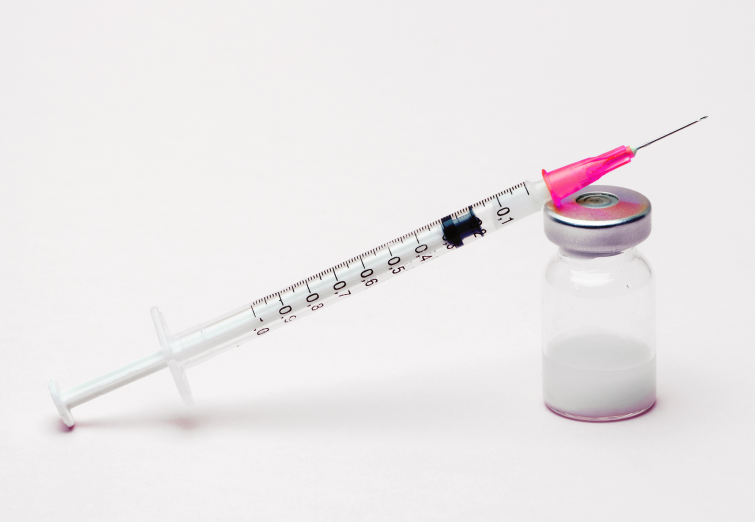
 CORONAVIRUS
CORONAVIRUS
COVID-19 vaccination with the AstraZeneca vaccine by the Occupational Health Department
In accordance with the recommendations issued by the French National Authority for Health (HAS) on February 2, 2021, the AstraZeneca vaccine can be used for vaccination against COVID-19. The physicians in the Occupational Health Department are now authorized to vaccinateSTAFF WHO WISH TO BE VACCINATED as part of the national vaccination campaign.
The following groups are initially eligible for vaccination:
- healthcare workers under the age of 65
- people aged between 50 and 64 with underlying health conditions (in French)
If you are aged between 50 and 64, the Occupational Health Department will contact you by email to see whether you wish to be vaccinated. Moreover, following the decision by the French General Directorate of Health (DGS), doses of the AstraZeneca vaccine have been allocated to Institut Pasteur staff handling the SARS-CoV-2 virus. These staff will be contacted by the Occupational Health Department in the same way as the priority groups.
Moreover, following the decision by the French General Directorate of Health (DGS), doses of the AstraZeneca vaccine have been allocated to Institut Pasteur staff handling the SARS-CoV-2 virus. These staff will be contacted by the Occupational Health Department in the same way as the priority groups.
Vaccination sessionsby the Occupational Health Department will start on March 10.
List of underlying health conditions that quality for priority vaccination :
• cardiovascular conditions: complicated high blood pressure (with cardiac, renal and cerebrovascular complications), a history of stroke or coronary artery disease, heart surgery or advanced heart failure (NYHA III or IV);
• diabetes that is poorly controlled or involves complications;
• chronic respiratory disease that may lead to decompensation in the event of a viral infection: especially obstructive pulmonary disease, severe asthma, pulmonary fibrosis, sleep apnea and cystic fibrosis;
• obesity (body mass index (BMI) ≥ 30 kg/m2);
• progressive cancer being treated (excluding hormone therapy);
• class B or C cirrhosis according to the Child-Pugh score;
• congenital or acquired immunodeficiency;
• major sickle cell disease or a history of splenectomy;
• motor neuron disease, myasthenia gravis, multiple sclerosis, Parkinson's disease, cerebral palsy, tetraplegia or hemiplegia, a malignant primary brain tumor, progressive cerebellar ataxia;
• cancer and hematological malignancies being treated with chemotherapy;
• severe chronic kidney disease, including patients receiving dialysis;
• solid organ transplant recipients;
• allogeneic hematopoietic stem cell transplant recipients;
• multiple chronic diseases with dysfunction of at least two organs;
• specific rare diseases that represent a particular risk in the event of infection (list drawn up by rare disease healthcare bodies);
• Down syndrome.